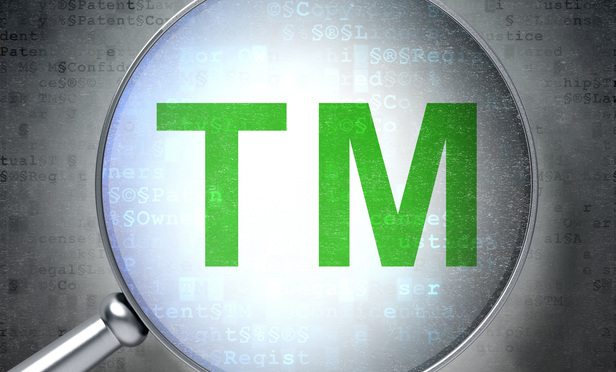Like playground bullies, trademark bullies are sometimes just insecure—and often have a weakness. Draeke Weseman writes in a recent post that companies wanting to end frivolous trademark litigation could try to get the claims dismissed by focusing on “plausibility.”
The U.S. Supreme Court says that in order for a claim to be plausible, it must be more than “[t]hreadbare recitals of the elements of a cause of action, supported by mere conclusory statements.” Weseman explains this standard could be used to fight claims of confusion, because the bullies often base their claims on the similarity of marks while ignoring other issues such as the strength of the mark, relatedness of the goods, overlapping trade channels and bad-faith intent. “I think if more of the bad trademark claims we see were actually held up to this standard, more of these claims would fail,” he says.
This content has been archived. It is available through our partners, LexisNexis® and Bloomberg Law.
To view this content, please continue to their sites.
Not a Lexis Subscriber?
Subscribe Now
Not a Bloomberg Law Subscriber?
Subscribe Now
LexisNexis® and Bloomberg Law are third party online distributors of the broad collection of current and archived versions of ALM's legal news publications. LexisNexis® and Bloomberg Law customers are able to access and use ALM's content, including content from the National Law Journal, The American Lawyer, Legaltech News, The New York Law Journal, and Corporate Counsel, as well as other sources of legal information.
For questions call 1-877-256-2472 or contact us at [email protected]






